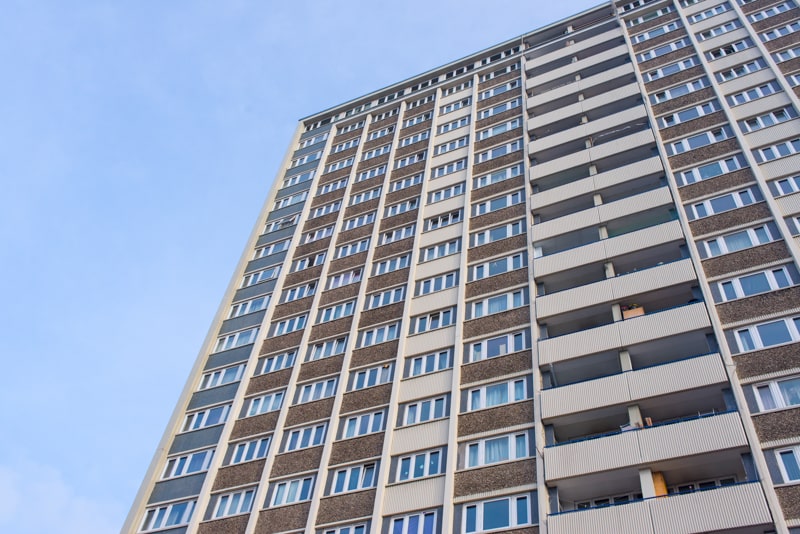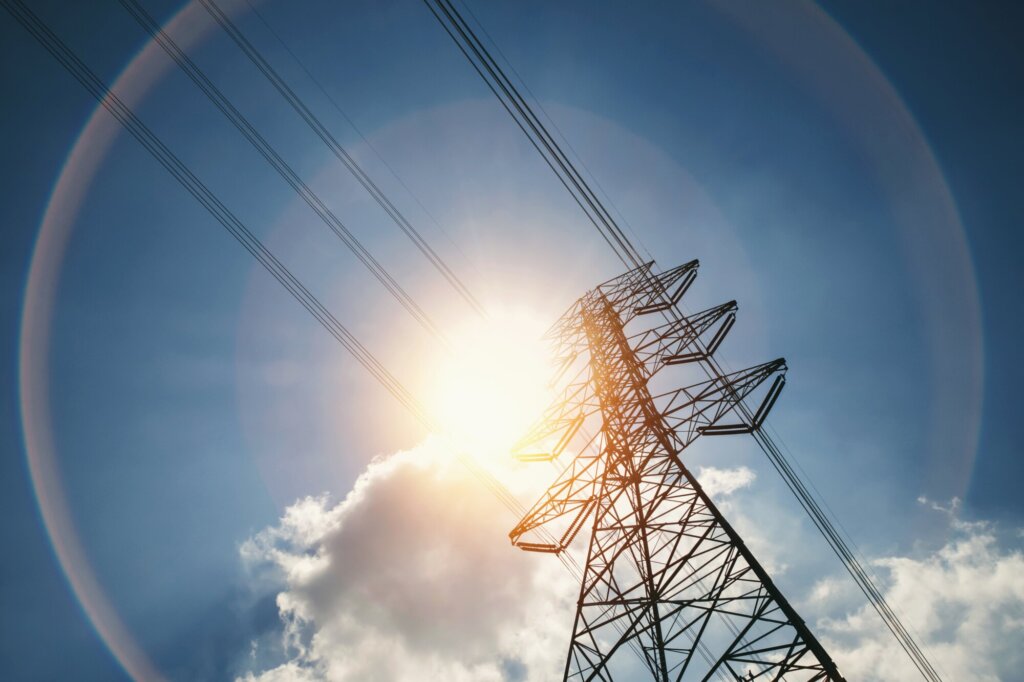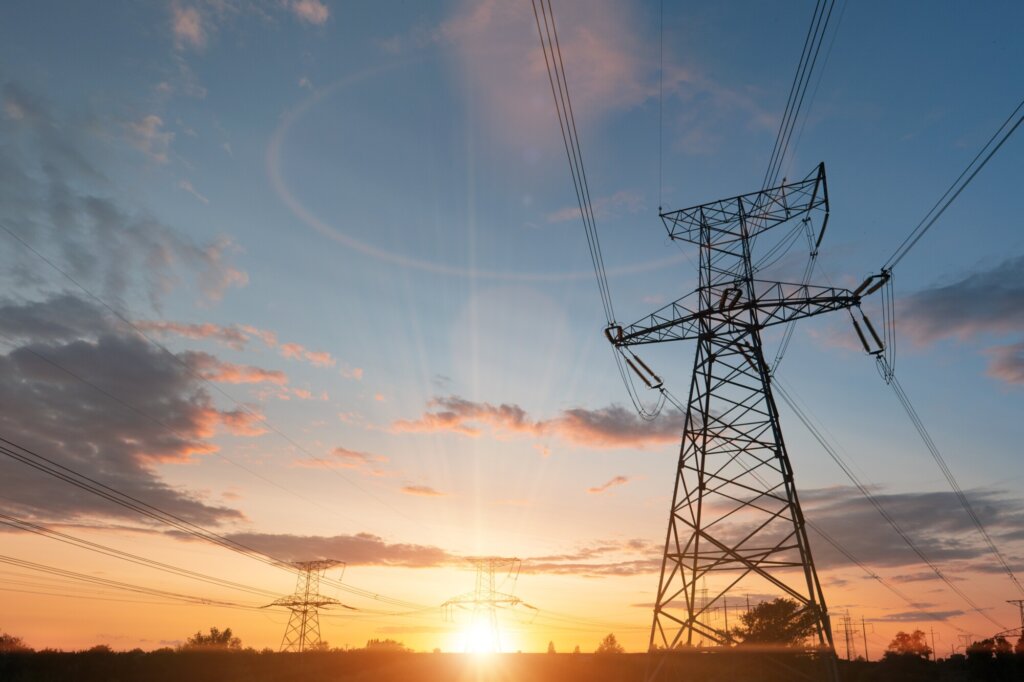Defining the Philanthropic Sector’s Opportunity to Accelerate Deep Residential Retrofits

Summary: In a new study commissioned by the McConnell Foundation, Dunsky explored whether the Canadian philanthropic sector could play an important role in catalyzing large-scale residential deep energy retrofits across Canada. Our report recommends five areas in which the philanthropic sector can engage now to have the greatest impact on growing the pace and scale of residential retrofit projects across the country.
Our report found that the philanthropic sector in Canada can indeed play a meaningful role in accelerating residential deep energy retrofits and do so in a way that improves equity and lifts people out of poverty by fostering workforce development in underserved communities.
By conducting interviews with non-profit housing providers and associations, lenders, project developers, and other experts in the field, we identified lack of capital and capacity as key barriers. After exploring various levers that could be deployed to address these barriers, Dunsky recommends the following areas for near-term philanthropic engagement:
- Support the ‘readiness gap’ during the critical project origination phase. Through development (concessionary) capital and capacity building and tools.
- Provide low-cost capital that allows energy retrofits to go deeper. Unlock deeper retrofits by stacking low-cost, flexible capital on top of existing grants and financing.
- Direct capital to address community priorities. Broaden the scope and reach of existing programs, combining energy upgrades with deferred maintenance, health and safety, etc.
- Support groups seeking to advance non-extractive financing for low-income homeowners. Test, refine, and replicate a first-in-Canada program that overcomes barriers for LI homeowners.
- Support energy retrofit workforce development in disadvantaged communities. Advance the retrofit service market, targeting those underrepresented in the skilled trades.
Buildings represent roughly 15% of Canada’s total GHG emissions. Deep energy retrofits in the residential sector not only reduce building emissions, but also reduce the amount of new electricity that will be needed to power Canada’s low-carbon and electrified economy. While the challenge to retrofit Canada’s residential buildings in time to meet our climate goals is significant, so is the opportunity. As funders and catalysts for change, philanthropic organizations can have a meaningful impact in solving one of the energy transition’s most pressing challenges.
To learn more about the work conducted as part of this study, read the full report:
Related Projects
- Read more about A New Tool to Help Home and Business Owners Electrify Their Heating
A New Tool to Help Home and Business Owners Electrify Their Heating
May 6, 2025
Today marks the launch of Chauffermieux.com, a website aimed at homeowners, renters and business in the Greater Montréal area to…

- Read more about Utility Projects on the Go
Utility Projects on the Go
October 18, 2024
Our team is currently supporting utilities on both coasts (and others in between) with a variety of strategic initiatives. Here…

- Read more about Canada Electricity Advisory Council Delivers Final Report on Achieving Canada’s Clean Electricity Goals
Canada Electricity Advisory Council Delivers Final Report on Achieving Canada’s Clean Electricity Goals
June 17, 2024
The Canada Electricity Advisory Council (CEAC), chaired by Dunsky President Philippe Dunsky, completed its 12-month mandate to examine ways in…
